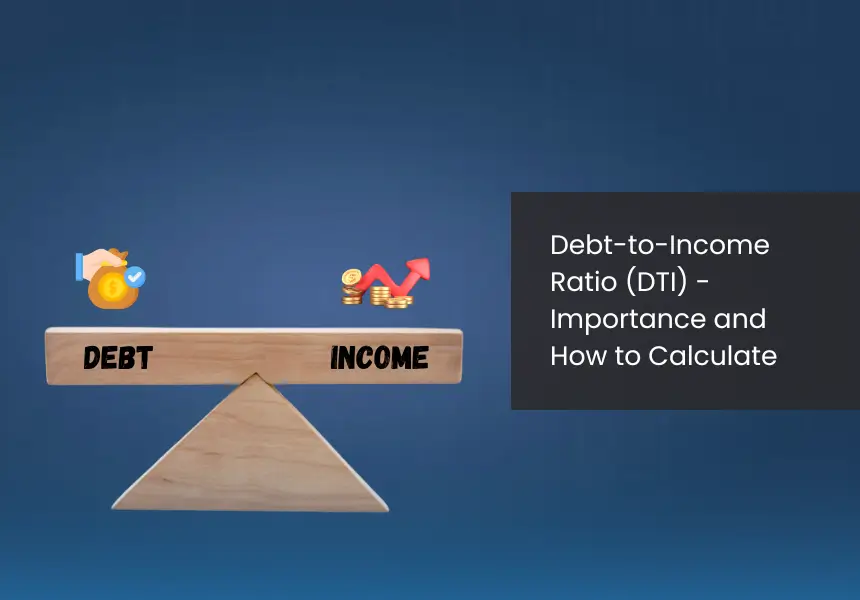
Borrowing money is becoming easier with different kinds of loans being available in the market and online. Due to technological advancements, one can avail instant personal loan online. Personal loans are an unsecured form of debt that do not require the pledging of any collateral or security. This is true for most cases. But in some cases, where the lender is not one hundred percent decisive of the primary applicant’s financial stability and repayment ability, they may ask for a guarantor.
Who is a Loan Guarantor?
A guarantor is a person who ensures or guarantees the lender that the applicant will repay the loan on time. He is a person who is assuring the lender that in case the applicant is unable to repay the loan, then he/she will make good of the agreement by repaying the loan. Therefore, a guarantor is a person who will cover the defaults if the primary applicant is unable to repay the loan. In case the primary borrower defaults on his payments, the guarantor immediately becomes liable to repay the outstanding loan amount to the lender.
When does a lender ask for a guarantor?
Every lender has a specific set of norms for lending. The criteria are different for different loan types. The primary requirement for any loan approval is a stable credit history and good credit score. A lender can therefore ask for a guarantor under the following circumstances:
- Financial history: When the lenders are not satisfied with the credit history of the applicant or when the applicant’s credit score is low, they may ask for a guarantor.
- Unstable income patterns: While considering a loan application, lenders also check whether the applicant has a steady income. If the applicant has an unstable employment history or has switched too many jobs, they may ask for a guarantor.
- Domicile history: The lenders may look at the domicile history of the applicant, and if they see that there are frequent relocations, it may raise a red flag, and they may ask for a guarantor.
- Policy of the lender: Sometimes, asking for a guarantor may just be a part of the lender’s company policy.
How does Becoming a Guarantor Affect your Personal loan Eligibility?
Let us understand this situation with the help of an example. Anand and Pratik are childhood buddies. They finished college and got jobs in different cities. One day Anand gets a call from Pratik saying that he is in a financial crunch and needs him to be a guarantor for a loan he wants to take. Anand being a good buddy agreed right away without asking any questions. After a year, Anand gets a call from the bank to make good of the agreement and pay the loan amount as Pratik has defaulted. Currently, Anand is going through a medical emergency because his mother is unwell and he himself is contemplating taking a personal loan.
Now, since Pratik defaulted, the burden of his loan shifted to Anand. The lender had reported the default with the applicant and guarantor’s name to CIBIL. This affected Anand’s credit history and score, hampering his chances of getting a fresh personal loan that he needed for his mother’s treatment. Anand, without understanding the financial liability he was getting into, had jumped in to help his friend in need. While this was a noble thing to do, it would’ve been better to assess Pratik’s financial soundness, ability, and intent to pay back the personal loan as well as his own financial stability before agreeing to become a guarantor.
In the above case, the situation turned out for the worse for Anand. His credit history and finances took a hit, without him being in any way involved in the loan, except as a guarantor. He was legally bound to repay the loan and faced trouble in getting a loan for himself when he really needed it.
Had the situation been different and Pratik had anyhow paid off his loan, even with another loan from a friend, the guarantor (Anand) would’ve been spared the financial nightmare and would’ve walked away unscathed.
Learn More About Improving Your Loan Eligibility– Fix Your Personal Loan eligibility
Should I Become a Loan Guarantor?
Though helping a person is a good deed, you must understand the risks involved before signing up as a guarantor. It is especially important to understand the monetary risks involved while posing as a guarantor. You should be prepared to face the consequences of the contract if the primary applicant defaults on his/her repayment.
Few points should be kept in mind by all involved parties before a guarantor enters the contract –
- The guarantor should be willfully getting into this contract. He/She should not have been coerced, manipulated, or conned into doing so.
- The guarantor must be mentally sound and functional. He/She should be able to understand the risk involved and willing to take the responsibility for the same.
- The guarantor must have full knowledge of the primary applicant’s financial history. He/She must be informed of the amount, tenure, and interest rate of the loan. He/She should also be aware of the liability he/she will face in case the applicant defaults.
- The lender must inform the guarantor of the terms of the agreement. He/She must be made aware of his/her obligations in legal terms before entering into the agreement.
- The guarantor has a right to consult a legal advisor before signing the agreement.
- A copy of the loan agreement must be provided to the guarantor after it has been signed.
Conclusion
As a personal loan guarantor, you must understand the risk involved in entering the contract. You need to assess the repercussions involved and be sure that you can rely on the applicant to repay his loan on time. You must be financially and psychologically ready to face any consequences in case the borrower is unable to repay his debt. Therefore, know the risks and trade carefully!








